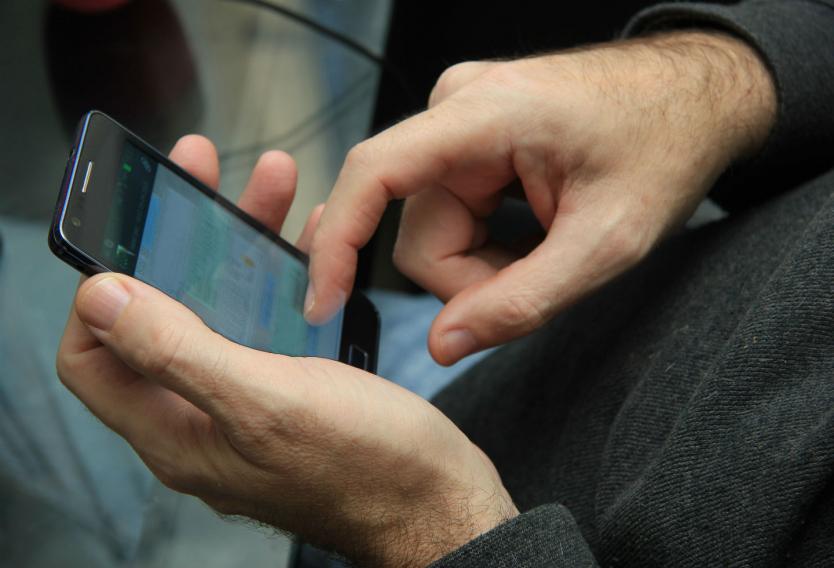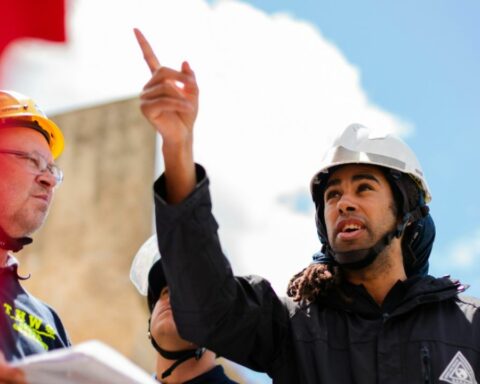Affirming that the actions of the respondent constituted “an arbitrary and illegal threat to the guarantee of the freedom to express an opinion and to inform”, the Supreme Court upheld the appeal for protection filed against an adviser to the President of the Republic, Sebastián Piñera Echenique, for making a phone call to the director of a television channel to complain about the station’s editorial line and for the broadcast of an interview broadcast by the outlet.
The Third Chamber of the highest court states that “it is possible to understand, within the concept of interference in the informative process, those active, omissive, direct or indirect behaviors, which mean obstacles to the free flow of information; impositions of information and direct or indirect pressures directed at silence the informative work of social communicators”.
The resolution adds that: “From this conceptualization, already in the substantive analysis, and in light of the aforementioned elements, it is possible to determine in the case: a) If the action of the respondent was framed within the scope of her personal opinions and is protected by his right to freedom of expression; or if, on the contrary, the exposed opinion can be qualified –in this precautionary office– as part of the exercise of his public function; b) If the entity of the action has the character of relevant interference, or prior censorship; c) If the opportunity of the action, that is, after the broadcast of a television program, excludes it from the conceptualization of ‘prior censorship'”.
For the constitutional chamber: “In the proposed order, it appears that the telephone call to an owner of a channel, to object to certain broadcast content; express the ‘[…] discomfort that this would have generated […]’; and transmit'[…] the particular concern of the Gendarmerie of Chile, due to the content and irregular or illegal way in which the interview was carried out […]’, it is not possible to circumscribe it to a private activity, or entirely personal claim, since the issuer of the message has the quality of adviser to the highest public authority of a State, and because even the recognized content of their sayings involves the opinion institutions of the State Penitentiary Administration”.
“Reaffirms the foregoing, that the fact that gives rise to her claim is not related to a matter that personally affects the respondent, in which case, the expression of her claim would not be objectionable, nor could her claim be inhibited in any case. own right to rectification, the latter exercised through the legal channels established in this regard,” adds the country’s highest court.
“On the relevance of the performance, which allows it to be qualified as ‘[…] interference or direct or indirect pressure on any expression, opinion or information disseminated through any means of communication […]’, it is clear that the function exercised by the respondent at the time of the communication claimed, was advisory to the President of the Republic, and in that position, when expressing his opinion with a view to objecting to the programmatic content of a means of social communication , he cannot but be aware that his criticism has the potential to be received as the opinion of the Government, and in said understanding, it carries the possibility or risk of influencing the subsequent conduct of the interlocutor, so that, consequently, his conduct turns out to be a relevant interference in terms of constitutional analysis and the right to inform and be informed that assists the appellants”, reasons the court.
“The above – deepens -, with greater reason, if the plaintiff has institutional channels – constitutional and legal – to claim a possible illegitimacy of the journalistic exercise, for example, the possibility of claiming before the National Television Council”.
“Then, the interference found in the information process takes on the character of prior censorship, regardless of the time of the telephone call, that is, if it is made before or after the broadcast of a report, since the action – taking into account its characteristics already stated– has the potential to model behavior for the future, since, as already stated, the warnings, annoyances and claims formulated come –with a reasonable appearance for the recipient– from the public authority who is, at all times, aware of its position and channel from which it issues its questioning”, reveals the ruling.
And, regarding the “call”, he concludes: “That flows from the reasoning that the action of the respondent constituted an arbitrary and illegal threat to the guarantee of the freedom to express an opinion and to inform, without prior censorship, in its face of freedom of the press and the right to be informed”.
Therefore, it is resolved that: “the appealed judgment dated November twenty-ninth, two thousand and twenty-one issued by the Court of Appeals of Santiago is revoked and instead, it is declared that the appeal for protection filed against Mrs. María Magdalena is upheld Díaz Vergara, as a presidential adviser, and that the exercise of the aforementioned investiture cannot inhibit journalistic work, violating freedom of expression, since there are other legitimate ways that can be used to claim in accordance with what has already been reasoned.
Decision adopted with the vote against Minister Muñoz Pardo.








